“Dialogue necessary for normalization of relations”
Representatives of civilian sectors from Belgrade and Priština have pointed out importance of establishing a dialogue in order to normalize relations.
Friday, 15.10.2010.
13:01

Representatives of civilian sectors from Belgrade and Pristina have pointed out importance of establishing a dialogue in order to normalize relations. Helsinki Committee for Human Rights in Serbia and Kosovo Foundation for Open Society (KFOS) have in Pristina organized the first in a series of meetings of representatives of civilian sectors from Belgrade and Pristina. “Dialogue necessary for normalization of relations” Participants of the meeting expressed a need for greater flow of information and establishing of communication in order to create an atmosphere for normalization of relations. Helsinki Committee for Human Rights in Serbia President Sonja Biserko said that the dialogue aimed at identifying fields of possible cooperation. She also stressed that she was convinced that the dialogue was happening at a very important moment for both peoples. According to her, there is an ongoing struggle in Serbia between those who are in favor of European integrations and those against them and that it also affects Serbia’s neighbors. It is up to Serbia to primarily make a shift toward the Euro-Atlantic integrations but also toward its neighbors, Biserko explained. According to her, Serbian-Albanian dialogue did exist before but it has significantly declined after Kosovo’s declaration of independence. She stressed that yesterday’s meeting was an opportunity to talk about existential issues of each individual since the Serbian delegation included businesspeople, intellectuals and media representatives. Advantage of a civilian dialogue is precisely the fact that it concerns civilian issues. I hope that it will make political elite to follow it, the Helsinki Committee for Human Rights in Serbia president stated. She also expressed hope that the meeting had creative energy to define cooperation points and stressed that a group of people with good will who were ready to cooperate had come from Serbia. Kosovo Albanian analyst Shkelzen Maliqi said that it was important that circumstances surrounding the newly established dialogue were completely different now. “For the first time I’m getting into a dialogue without a burden on my shoulders, but I think that circumstances for the dialogue are different, on the threshold of beginning of an inter-state dialogue, and great powers have obliged Serbian and Albanian politicians to hold a dialogue which will unblock a long-running situation that doesn’t lead anywhere,” he pointed out. The civilian sector representatives meet in Pristina (Beta) B92 Editor-in-Chief Veran Matic says that a dialogue between the people is missing in Belgrade-Pristina dialogue. He pointed out that many citizens of Kosovo were listening to B92 Radio and that a dialogue with them was also carried out on B92 forums and blogs. Media must encourage the dialogue and report not only about politicians’ activities but about citizens’ needs as well. “Life needs to get back into the whole story and we must devote to citizens’ needs. The dialogue will make more sense then,” Matic stressed. The B92 editor-in-chief also said that the civilian sector needed to provide answers to how to make citizens’ lives better because “we live in a communicating vessels system” regardless of the status of Kosovo. Historian Latinka Perovic, Pristina-based daily Koha Ditore Editor-in-Chief Agron Bajrami, KFOS Director Luan Shllaku, Belgrade philosopher Branimir Stojanovic, Borka Pavicevic and others spoke at yesterday’s meeting. Italian Ambassador to Kosovo Michael Giffoni greeted the participants. This is the fist meeting of its kind since Kosovo institutions declared independence two years ago. The next meeting is supposed to be held in Belgrade. Veran Matic (Beta)
“Dialogue necessary for normalization of relations”
Participants of the meeting expressed a need for greater flow of information and establishing of communication in order to create an atmosphere for normalization of relations.Helsinki Committee for Human Rights in Serbia President Sonja Biserko said that the dialogue aimed at identifying fields of possible cooperation.
She also stressed that she was convinced that the dialogue was happening at a very important moment for both peoples. According to her, there is an ongoing struggle in Serbia between those who are in favor of European integrations and those against them and that it also affects Serbia’s neighbors.
It is up to Serbia to primarily make a shift toward the Euro-Atlantic integrations but also toward its neighbors, Biserko explained.
According to her, Serbian-Albanian dialogue did exist before but it has significantly declined after Kosovo’s declaration of independence. She stressed that yesterday’s meeting was an opportunity to talk about existential issues of each individual since the Serbian delegation included businesspeople, intellectuals and media representatives.
Advantage of a civilian dialogue is precisely the fact that it concerns civilian issues. I hope that it will make political elite to follow it, the Helsinki Committee for Human Rights in Serbia president stated.
She also expressed hope that the meeting had creative energy to define cooperation points and stressed that a group of people with good will who were ready to cooperate had come from Serbia.
Kosovo Albanian analyst Shkelzen Maliqi said that it was important that circumstances surrounding the newly established dialogue were completely different now.
“For the first time I’m getting into a dialogue without a burden on my shoulders, but I think that circumstances for the dialogue are different, on the threshold of beginning of an inter-state dialogue, and great powers have obliged Serbian and Albanian politicians to hold a dialogue which will unblock a long-running situation that doesn’t lead anywhere,” he pointed out.

He pointed out that many citizens of Kosovo were listening to B92 Radio and that a dialogue with them was also carried out on B92 forums and blogs.
Media must encourage the dialogue and report not only about politicians’ activities but about citizens’ needs as well.
“Life needs to get back into the whole story and we must devote to citizens’ needs. The dialogue will make more sense then,” Matić stressed.
The B92 editor-in-chief also said that the civilian sector needed to provide answers to how to make citizens’ lives better because “we live in a communicating vessels system” regardless of the status of Kosovo.
Historian Latinka Perović, Priština-based daily Koha Ditore Editor-in-Chief Agron Bajrami, KFOS Director Luan Shllaku, Belgrade philosopher Branimir Stojanović, Borka Pavićević and others spoke at yesterday’s meeting.
Italian Ambassador to Kosovo Michael Giffoni greeted the participants. This is the fist meeting of its kind since Kosovo institutions declared independence two years ago. The next meeting is supposed to be held in Belgrade.










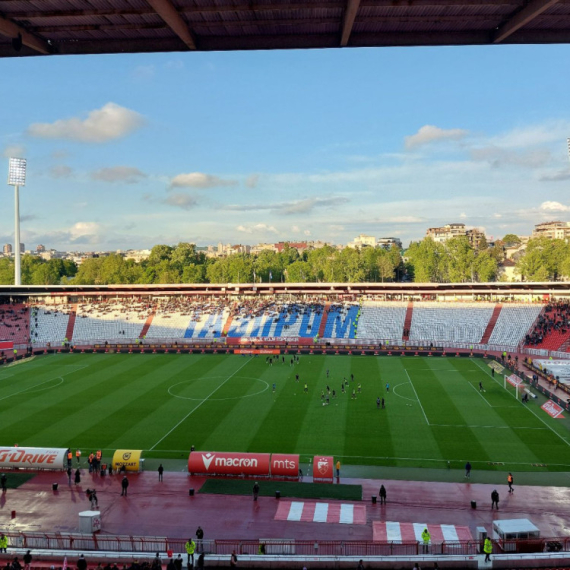

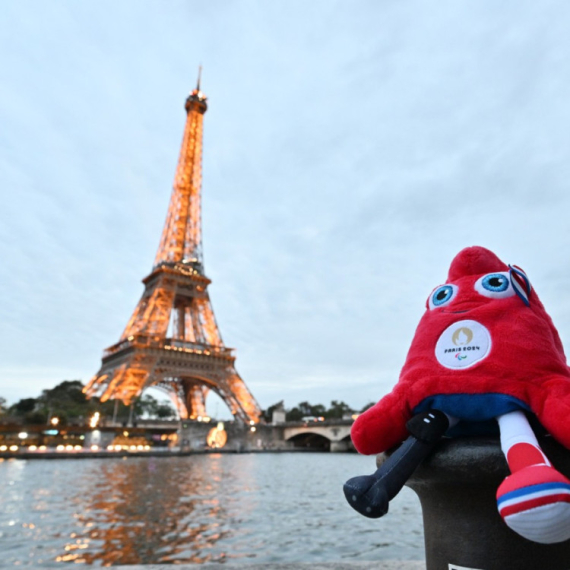

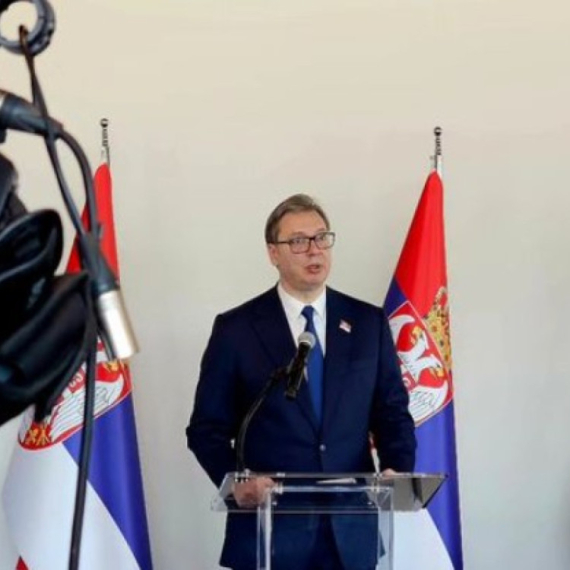
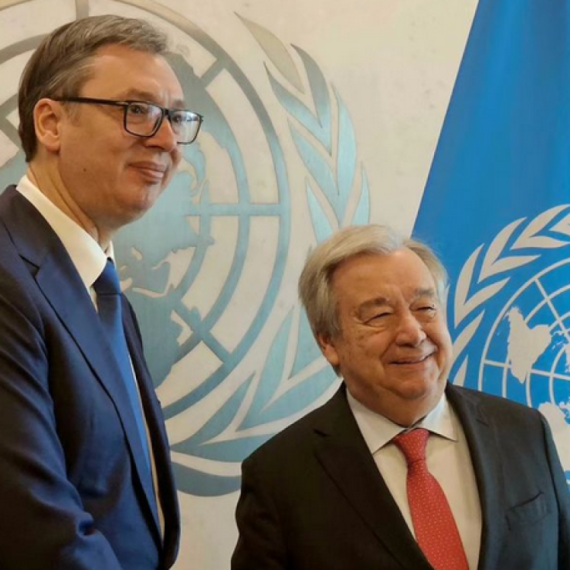
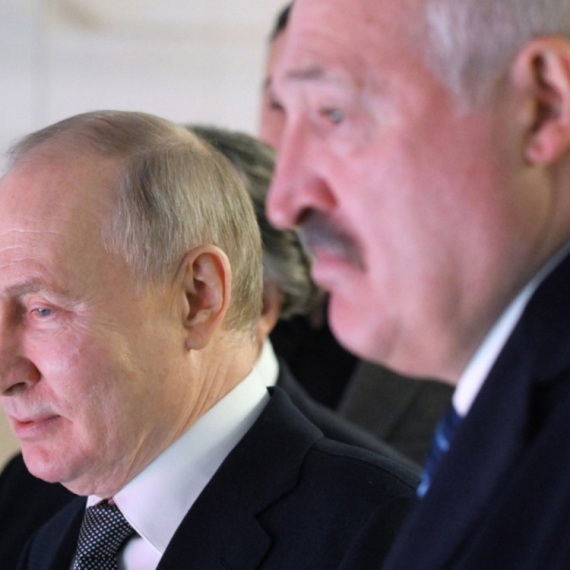

































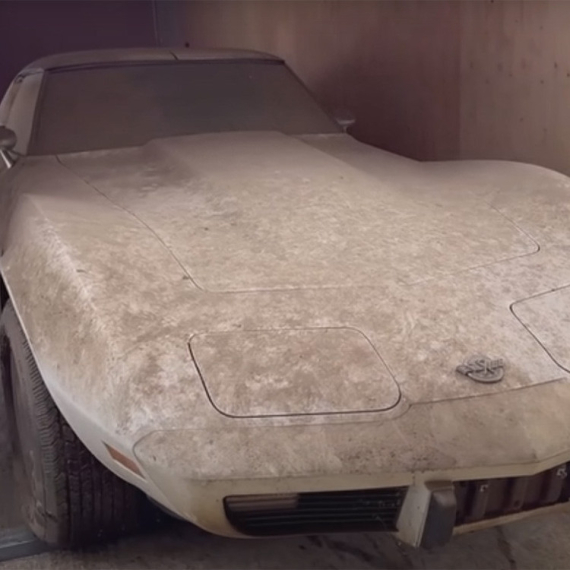



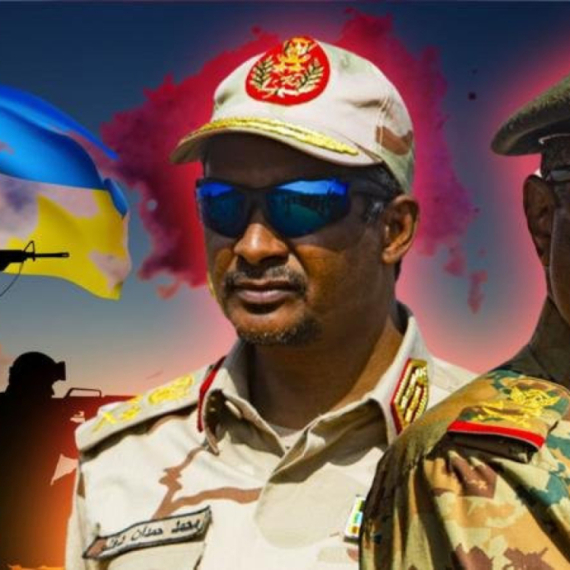

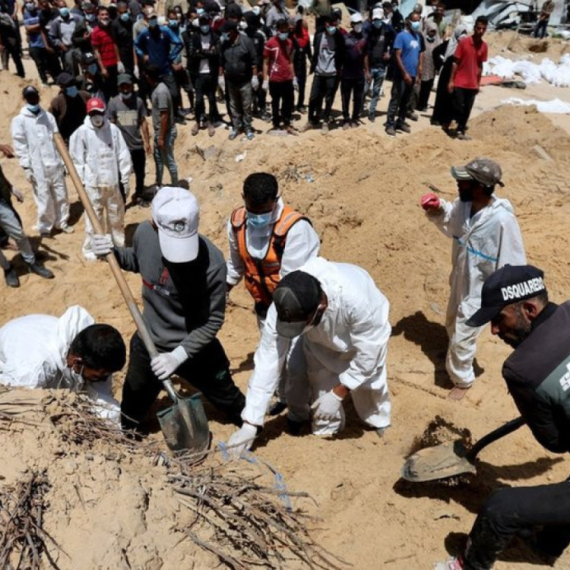

Komentari 6
Pogledaj komentare